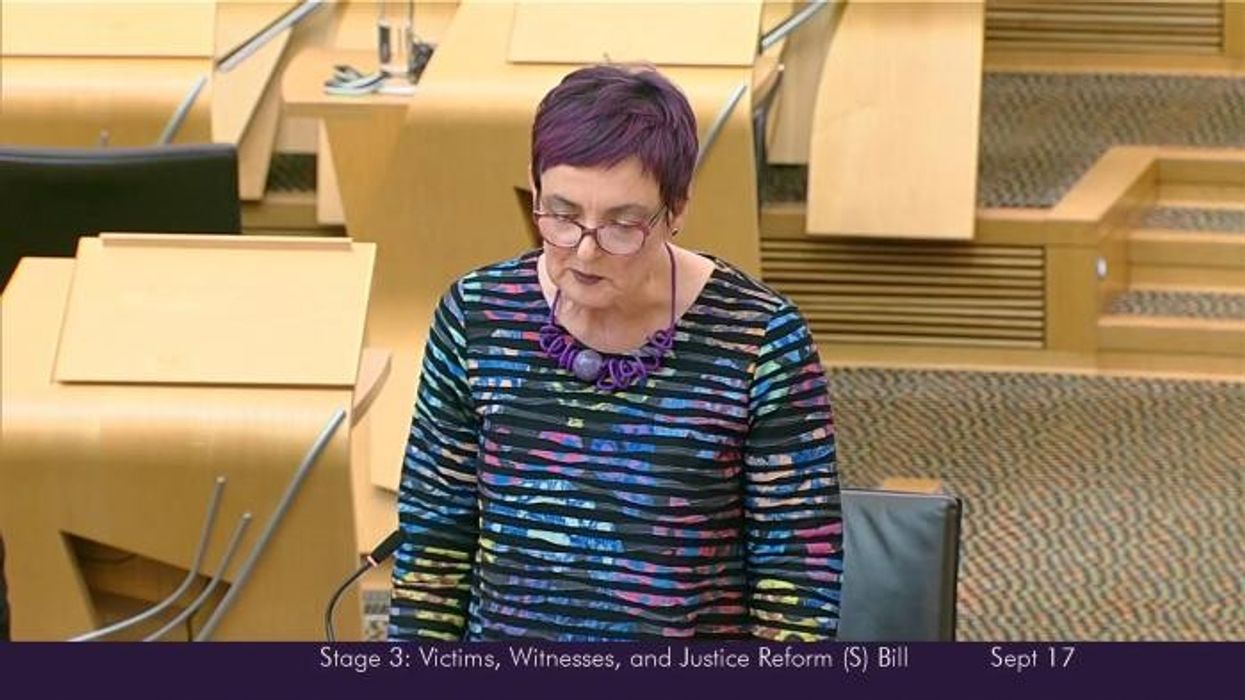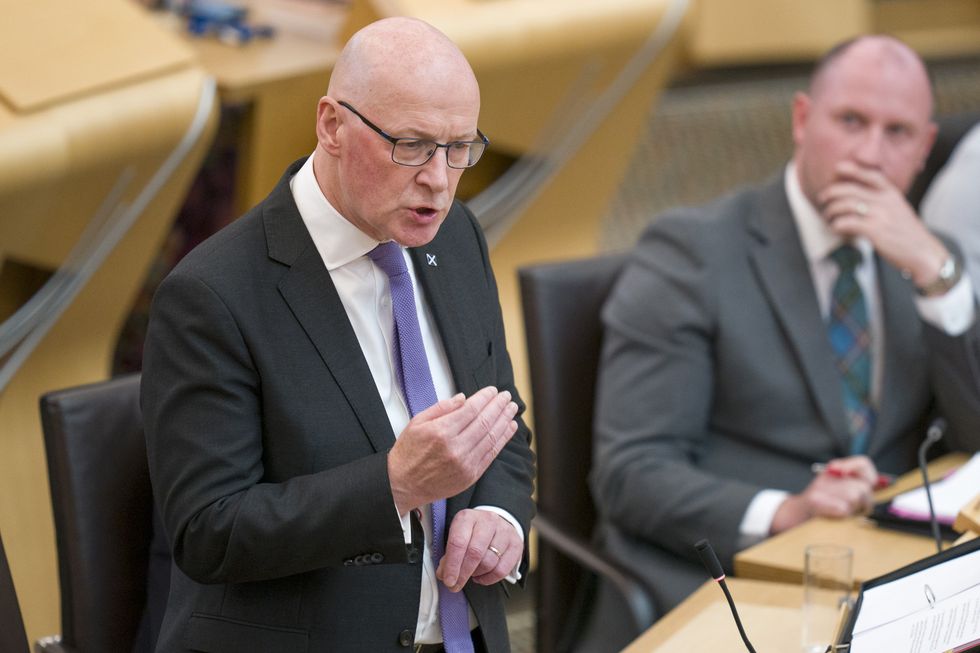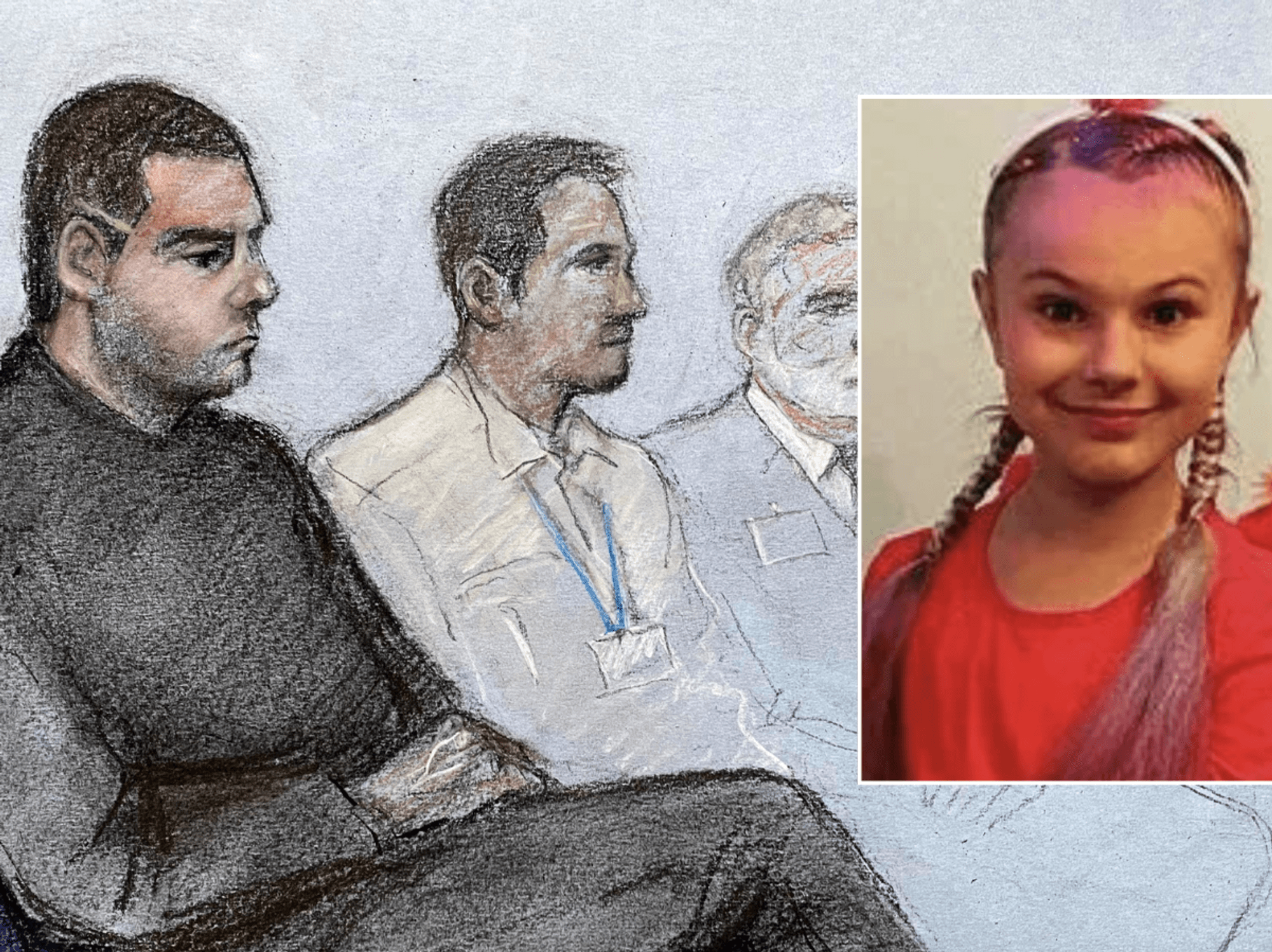Holyrood backs ‘landmark’ justice reforms abolishing historic not proven verdict

Holyrood backs ‘landmark’ justice reforms abolishing historic not proven verdict |
GB NEWS
The Scottish legal system has relied on the three verdict system for 400 years
Don't Miss
Most Read
Trending on GB News
The Scottish Parliament has comfortably passed sweeping justice reforms that will see an end to the 400-year-old ‘not proven’ verdict unique to Scotland.
MSPs spent more than five hours debating 160 proposed amendments to the Victims, Witnesses and Justice Reform Bill (Scotland) on Tuesday, before 71 members voted the bill through on Wednesday afternoon.
One MSP abstained and 46 voted against the bill.
Since the Restoration period of the early 1600’s, Scottish juries have had three verdicts to choose from; guilty; not guilty; or the case against them is not proven.
TRENDING
Stories
Videos
Your Say
The controversial verdict acquits the accused but stops short of finding them not guilty due to the failure of the prosecutor to make an airtight case against them.
It has been blamed for ambiguous conclusions lacking closure, causing distress to victims and potentially stigmatising the accused, but it has also been pointed to as a key factor in Scotland’s disproportionately low rate of sexual crime convictions.
In recent years, it has been used in Alex Salmond’s sexual assault trial and a claim brought against Scottish TV presenter John Leslie in 2018.
During the 1828 trial of infamous Edinburgh bodysnatchers Burke and Hare, a jury found the case against William Burke’s lover, Helen McDougal, not proven.
LATEST DEVELOPMENTS:
Holyrood has backed ‘landmark’ justice reforms to abolish their historic 'not proven' verdict
|PA
Though controversial, the Scottish legal system has relied on the three verdict system for four centuries, ending with the passing of the Victims, Witnesses and Justice Bill.
Addressing the parliament, Justice Secretary Angela Constance has said the “large and ambitious bill” reforms package could make “fundamental and meaningful changes” for victims of sexual crimes.
The Cabinet Secretary spoke directly to survivors, telling them: “You have campaigned for many years for many of the reforms in this bill, which parliament will vote on tonight.
“While it will not lessen the pain you have gone through, I hope you will all feel a sense of pride and achievement with the changes you have brought about.”

The controversial 'not proven' verdict acquits the accused but stops short of finding them not guilty
|PA
She said, “victims will be heard, supported, protected and treated with compassion” while at the same time the rights of the accused “will continue to be safeguarded”.
The standard 15-person juries will also be shaken up - moving from a simple majority (8-7) to a two-thirds majority (10-5) “to increase confidence that verdicts are returned on a sound, rational basis while ensuring balance and fairness to all parties”, according to the Scottish Government.
The legislation paves the way for the establishment of a specialist sexual offences court, which will provide victims of sexual crimes the right to lifelong anonymity.
Additionally, prison parole boards will now be able to take into consideration whether killers petitioning for release have cooperated to unveil the whereabouts of victims’ remains.
The Justice Secretary said, “Key reforms include abolishing Scotland’s historic not proven verdict for a clearer, fairer and more transparent decision-making process.
“There will also be wholesale reform to the management of sexual offence cases as we know these victims, in particular, who are mostly women and girls, can be re-traumatised by the current system.”
Conservative MSPs argued for “common sense changes” throughout the Tuesday session, including Liam Kerr’s plea for significant justice reforms to include a Scottish grooming gangs inquiry.
Most Tory amendments failed to achieve parliamentary approval, leading both Douglas Ross and Liam Kerr to call the bill “a missed opportunity”, while Tory MSP Sharon Dowie - who voiced her intention to reject the bill “with a heavy heart” - dejectedly called the legislation “a ‘victims bill’ in name only.”
Once the Bill achieves royal ascent, the Scottish Government says the Act will roll out in phases, with more information on timetabling to be made available in due course.
More From GB News










